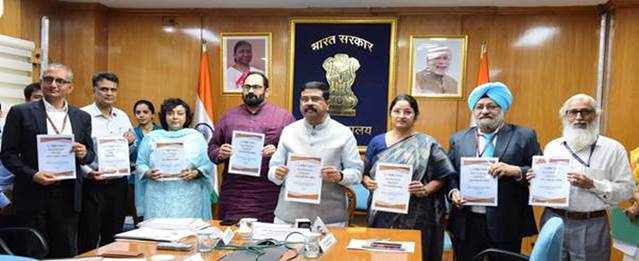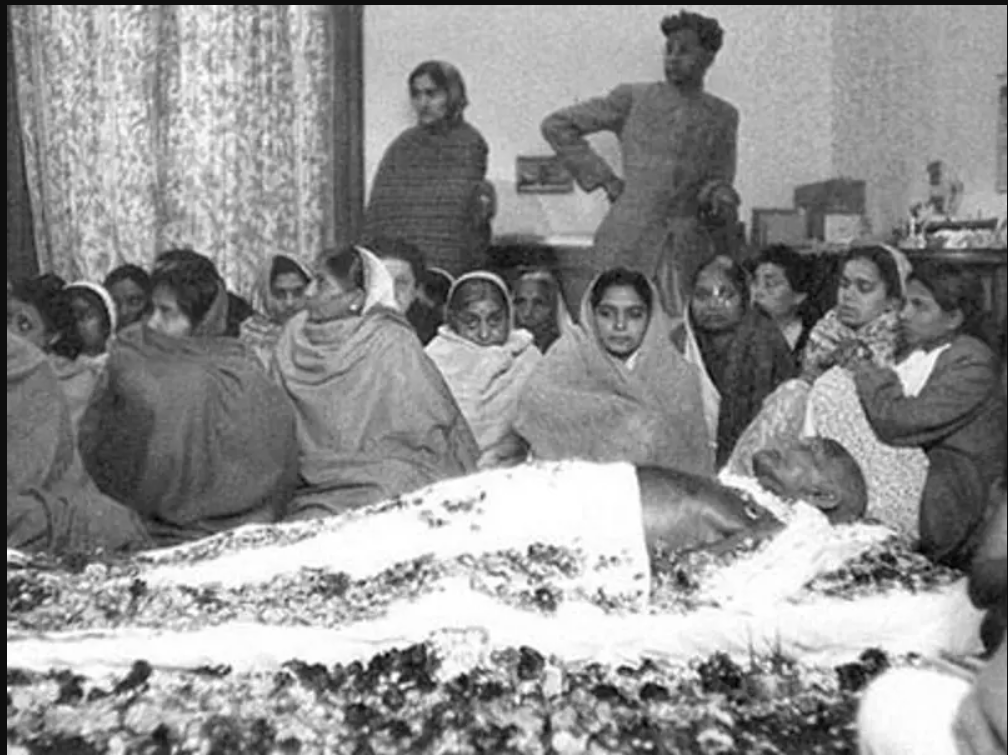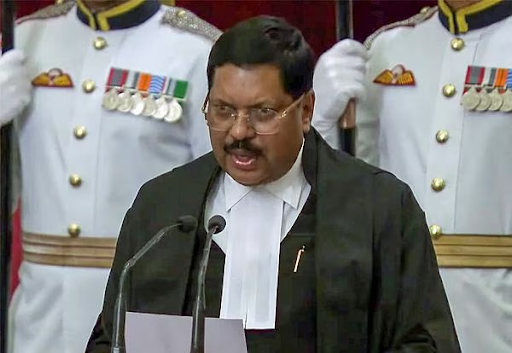Description

Copyright infringement not intended
In News
- The draft of the National Credit Framework (NCrF) was released by the Union Minister of Education and Minister of Skill Development and Entrepreneurship Shri Dharmendra Pradhan.
- The Government has invited suggestions on the draft document.

Key points of the Draft National Credit Framework (NCrF)
- Taking forward the vision of the new National Education Policy (NEP), the Union Government has developed the National Credit Framework (NCrF).
- National Credit Framework is an umbrella framework for skilling, re-skilling, up-skilling, accreditation and evaluation in educational and skilling institutions and the workforce.
- The framework will promote Credits for knowledge acquisition, hands-on training, and positive social outcomes to achieve the target of 100% literacy in the next 2-3 years.
- NCrF will promote the integration of credits earned through school education, higher education and vocational and skill education by encompassing the National Higher Education Qualification Framework (NHEQF), National Skills Qualification Framework (NSQF) and National School Education Qualification Framework (NSEQF).
Objectives
- To allow students to move between educational institutions and enter and leave the program multiple times. The Framework is part of the National Education Policy (NEP) 2020.
- Provide Flexibility in the duration of study courses through provisions of multiple entries and exit/work options.
- Allow Institutions to maintain digital records of credits earned by students.
- Promote the integration of academic and vocational disciplines to ensure flexibility and mobility between the two.
- Students can choose to study at one institution for a year and then transfer to another institution the following year.
- Allows students to complete courses online and earn credits. Educational institutions have the flexibility to adopt it when they choose.
- To support dropped-out students to re-enter the education ecosystem.
- To introduce reforms to incentivize knowledge, skills and experience.
Expected outcome
- National Credit Framework (NCrF) will establish multidisciplinary and holistic education with flexible curricula.
- It will open numerous options for students by integrating school and higher education with vocational education and experiential learning to promote skilling and vocational education.
- It will remove the hard distinction between the education streams and allow for more than one award in the same period by removing the distinction between arts, science, social sciences, commerce, etc.
- It will bring about a unification of higher education institutions to promote multidisciplinary education, creating a diverse and rich student knowledge base.
- It will promote strong collaboration between institutions and make credit mechanisms simpler and uniform.
- It will Increase focus on research and innovation, and Promote digital learning, and open distance learning.
- It will increase the enrolment of students, helping the government to fulfil the national vision of transforming India into the Skill Capital of the World.
- It will make students more employable by providing a more holistic designed multi/ cross-sectoral skills to youth.
https://www.pib.gov.in/PressReleasePage.aspx?PRID=1869278
Must-Read Articles:
https://www.iasgyan.in/daily-current-affairs/national-education-policy-nep-2020
https://www.iasgyan.in/daily-current-affairs/national-education-policy
https://t.me/+hJqMV1O0se03Njk9














